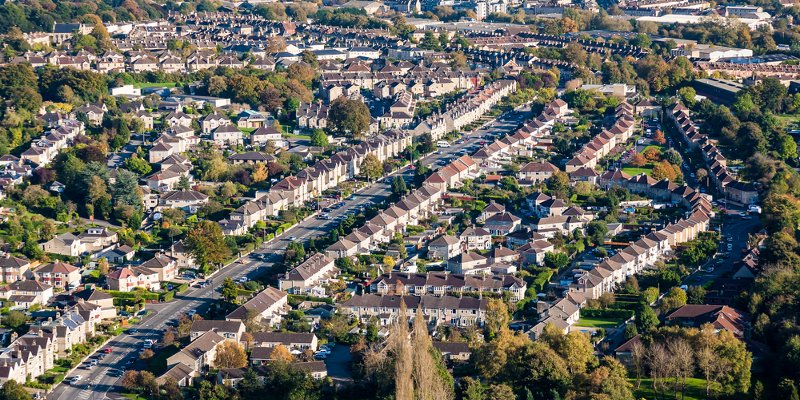The English Housing Survey is one of the longest standing government surveys.

Almost two thirds (64%) of of households in England are owner occupiers according to the latest English Housing Survey.
The national survey for 2018-2019 shows that the rate of owner occupation has remained unchanged since 2013.
The proportion of 25-34 year olds in owner occupation has increased but there is now an equal proportion of this age demographic living in the private rented sector, recorded at 41% each in 2018-19.
Over the past decade, the proportion of people aged 55-64 living in the rented sector has increased with 10% living in the private rented sector and 17% living in the social rented sector in 2018-19, rising from 7% and 14% respectively.
Russell Galley, managing director atHalifax, said: “Raising a deposit is still the biggest blocker for aspiring first-time buyers, so we’ve reached a milestone moment when more young people in England are now buying than renting, even when the average deposit is upwards of £40,000.
“Greater availability of products including family support mortgages, a continued low-rate environment and government initiatives including Help to Buy have helped boost the next generation of homeowners, with steady growth in the overall number of first-time buyers who are 31 years-old on average.
"Meanwhile those who are unable to get onto the property ladder are paying more by renting, creating a cycle where saving to buy a property can become an even harder to reach goal.”
Marc von Grundherr, director of lettings and sale agent at Benham and Reeves, added: “Despite all that we hear of the plight of the first time buyer, it seems that statistically speaking they’ve rarely had it so good.
"Homeownership amongst youngsters is on the up and no doubt heavily influenced by Help to Buy, record-low mortgage rates and the Bank of Mum and Dad.
"Either that or perhaps millennials have heeded the advice of consumer experts and some estate agents by saving their earnings for a home purchase instead."
The amount of 55-64 year olds that were owner occupiers has decreased from 79% to 73% in 2018-19.
The proportion of households in the private rented sector also remains unchanged for the sixth year in a row despite doubling in size since 2002, accounting for 19% of households.
The number of households in the social rented sector has not changed for more than a decade, remaining at 17%.
Under-occupation, or having two or more spare bedrooms, was recorded at 52% which is a 10% increase from figures recorded 20 years ago.
The proportion of non-decent homes has almost halved since 2008, recorded at 18% in 2018-19.
Stephen Lowe, group communications director at Just Group, said: “The rising level of home ownership among the over 65s is interesting because most age groups – particularly the younger ones – have seen falls over that timescale.
“In fact, home ownership rates are closer to record lows than record highs for ages other than 65 plus.
“However, the report notes that the general fall in home ownership levels since the turn of the millennium has levelled off and has been stable at around 63% since 2013-14, buoyed by a recent rise in the proportion of 25 to 34-year-olds owning homes.
“Home ownership is important because it helps to underpin finances in later life.
"Only about one in 20 over-65s who own their homes are still paying mortgages and this has reduced, suggesting most people are able to pay off their loans before retirement.
"Conversely, the proportion in the rented sector has fallen meaning fewer are facing continued rent payments into later life.
“That gives them more scope to use that accumulated housing wealth in later life to support their lifestyles and financial goals, either by downsizing or by releasing equity, whether that is to provide a higher level of income, meet future care costs, or pass on funds to the next generation.”



